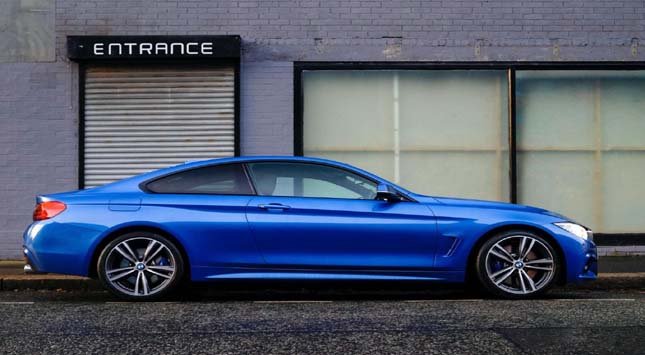Buying a car is one of the most important and major purchases of anyone’s life. Hence, it becomes necessary to do it the right way. No matter how thrilling the car purchasing experience gets, you need to be practical.
Being realistic about what you can afford is crucial. This is where you can take the help of car finance. If car purchasing is in your mind and you are on a tight budget, this guide will help you scroll through the various options available to get your next dream car!
What are the Different Types of Car Finance?
Car finance allows customers to apply for the process of buying a vehicle and paying for it later in equal monthly instalments. This is as opposed to downright paying for the vehicle in full. The payments you make as monthly instalments will depend on several factors like:
- Income
- Credit history
- The amount you are looking for to borrow
- Credit score
- Length of time you will keep the car
With several options available for financing a car, here are the main types of car finance:
1. A Personal Loan
Being one of the most common car finance options, a personal loan is a great choice you can have if you hold a good credit rating. A good credit rating gives you the freedom to loan from the high street lender with the cheapest fixed interest rate options.
Further, there are two types: secured personal loans and unsecured personal loans. When filing for a personal loan, keep in mind to stir clear of the secured loans. In this type of personal loan, you will have to secure your house, and failure to repay the loan can lead to a huge risk to your home.
This is a good option for people who do not have to put in a deposit for a car purchase. Additionally, if you want to increase your chances of getting your loan application accepted, apply for a loan in the bank which you currently hold accounts or credit cards with.
2. Personal Contract Plan
In a personal contract plan, you do not pay for the car outright; instead, you are paying the difference between the purchase price of the car and the amount you will receive after reselling the car to the dealer at the end of the contract.
You have to put down a 10% deposit and pay a low monthly payment plan. The contract lasts for one to three years. And once the contract ends, you can either buy the car for its resale price or give it back to the dealer.
Many people prefer buying a car on a personal contract and returning the car while getting another one every few years. You pay low fees and enjoy a new car every few years with this.
3. Hire Purchase
The hire purchase almost has the same agreement plans as the personal contract plan. However, here you own the car at the end of the contract.
Fixed interest rates are available for hire purchase; hence, you have the liberty to know the monthly payment rate during the contract. The hire purchase agreement runs in between one to five years, and you would be required to put down a 10% deposit.
Technically, with this plan, you are leasing the car for the contract’s entire duration. If you fail to repay, you will have to return the car to the dealer. And after finishing the contract, you get to keep the car.
Conclusion
While you look out for buying a car on finance, remember to add these expenses in addition to the car finance repayments:
- Tax
- General maintenance
- Parking fees
- Insurance
- Garage
- Other running costs
People fail to recognise that they have to take care of these hidden costs as well. This is the reason why they end up in difficulties. So before you think of applying for car finance, consider these points.
Moreover, remember to keep up with the loan repayments because the car will be repossessed if you do not. Car finance is not a shortcut; it is rather a long-term commitment, so plan your purchases accordingly.

